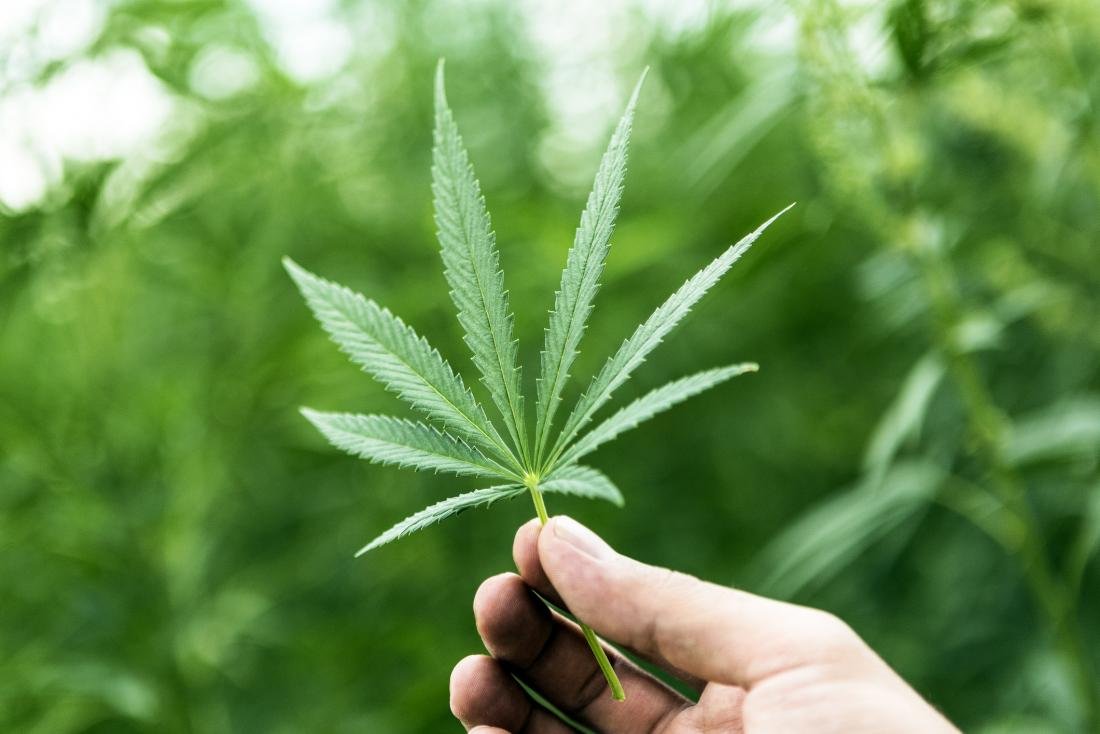Starting the day with a cup of coffee or tea is a daily ritual for many, with caffeine widely regarded as a mood booster or even a necessity. In the UK alone, approximately 95 million cups of coffee are consumed daily, according to the British Coffee Association. But what exactly does caffeine do to our bodies?
A recent report highlights that the effects of caffeine vary depending on factors like the amount consumed and individual differences, including genetics and metabolism. Thomas Sanders, a professor of nutrition and dietetics at King’s College London, explained that caffeine’s impact differs significantly from person to person, with potential gender-related variations in how it is metabolized.
Psychological and Physical Effects of Caffeine
The mood-lifting sensation felt after drinking coffee is often more of a placebo effect than an immediate biological change. Professor Sanders notes that caffeine takes about 20 minutes to enter the bloodstream, triggering physical changes like an increased heart rate. For those feeling sluggish, this provides a quick energy boost, making morning coffee a cherished habit for many.
Around the 20-minute mark, caffeine can trigger a brief “rush of euphoria,” contributing to the sense of well-being often associated with the first cup of coffee. Concentration levels tend to peak about an hour after consumption, although individual metabolism can influence this timeline.
Caffeine’s Impact on the Body
Caffeine also has a diuretic effect, leading to increased urination around 30 minutes after consumption. This effect can be more pronounced in individuals with bladder or prostate issues. Additionally, within 60 to 90 minutes, caffeine stimulates the bowel, increasing colon activity. Studies show that caffeine boosts colon activity by 60% compared to water and 23% compared to decaffeinated coffee.
Understanding these effects can help individuals better manage their caffeine consumption to align with personal health needs.



